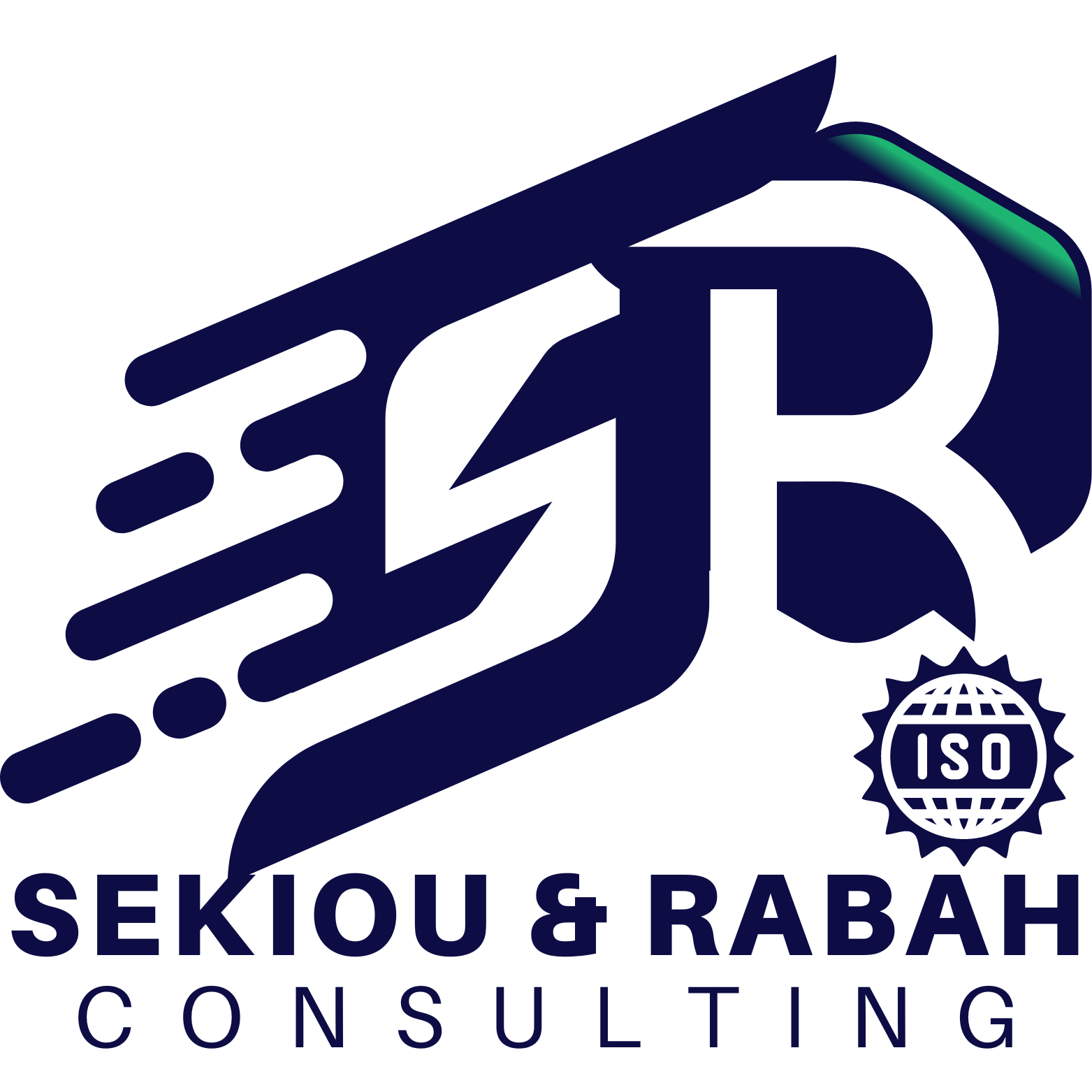In the oil and gas industry, HSE (Health, Safety, and Environment) studies offices are tasked with addressing specific challenges and risks inherent to the sector. Here are some key aspects of SR CONSULTING in oil and gas:
- Risk Assessment and Management:
- Conducting comprehensive risk assessments specific to oil and gas operations, including exploration, drilling, production, transportation, and refining.
- Assessing risks associated with hazardous materials, high-pressure equipment, confined spaces, and working at heights.
- Developing risk management strategies and controls to mitigate identified risks and prevent incidents.
- Regulatory Compliance:
- Ensuring compliance with industry-specific regulations, standards, and best practices, such as those set by regulatory bodies like the Occupational Safety and Health Administration (OSHA) and the Environmental Protection Agency (EPA).
- Keeping abreast of changes in regulations and industry standards to ensure continuous compliance and adaptation of practices.
- Process Safety Management (PSM):
- Implementing PSM programs to prevent major accidents, such as explosions, fires, and toxic releases, in oil and gas facilities.
- Conducting hazard assessments, process hazard analyses (PHAs), and management of change (MOC) reviews to identify and mitigate process safety risks.
- Environmental Impact Assessment (EIA):
- Conducting EIAs for oil and gas projects to assess potential environmental impacts on air quality, water resources, biodiversity, and ecosystems.
- Developing environmental management plans and controls to minimize adverse impacts and ensure compliance with environmental regulations.
- Occupational Health and Industrial Hygiene:
- Addressing occupational health hazards prevalent in the oil and gas industry, such as exposure to hazardous chemicals, noise, vibration, and ergonomic risks.
- Implementing industrial hygiene monitoring programs to assess exposure levels and protect workers’ health.
- Emergency Preparedness and Response:
- Developing emergency response plans and procedures tailored to the unique hazards and risks associated with oil and gas operations, including well blowouts, oil spills, and gas leaks.
- Conducting emergency drills, exercises, and simulations to test response capabilities and enhance preparedness.
- Contractor Management:
- Managing contractor safety and ensuring that contractors comply with HSE requirements and standards while working on oil and gas projects.
- Conducting pre-qualification assessments, safety audits, and performance evaluations of contractors.
- Data Management and Analysis:
- Collecting, analyzing, and reporting HSE performance data to identify trends, patterns, and areas for improvement.
- Utilizing data analytics and predictive modeling to forecast risks and prioritize preventive actions.
- Stakeholder Engagement and Communication:
- Engaging with stakeholders, including employees, contractors, regulatory agencies, local communities, and industry partners, to foster a culture of safety and environmental stewardship.
- Communicating HSE policies, initiatives, and performance metrics to stakeholders through regular meetings, training sessions, and awareness campaigns.
